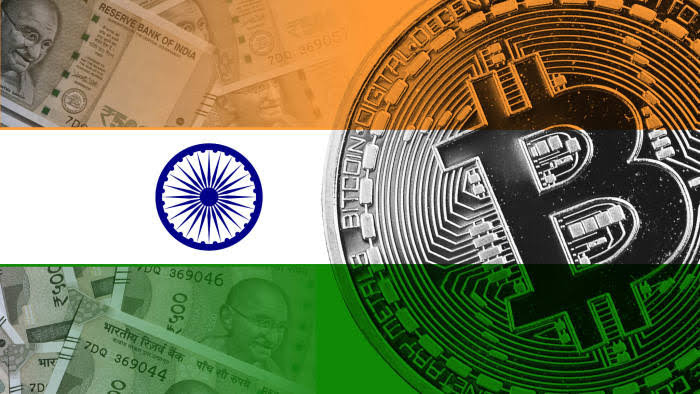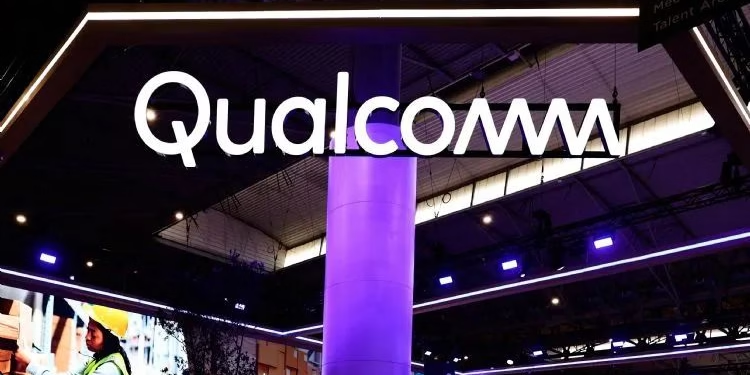San Diego-based semiconductor giant Qualcomm is facing a £480 million ($647 million) lawsuit in London over allegations it abused its market dominance to impose unfair royalty fees on iPhone and Samsung smartphone makers.
The case, filed by UK consumer advocacy group Which?, could see nearly 29 million British consumers eligible for compensation. Which? alleges Qualcomm exploited its monopoly through a controversial ‘no license, no chips’ policy that inflated smartphone prices across the market.
According to Which?, this practice “functioned like an industry-wide private tax,” artificially inflating smartphone prices and boosting Qualcomm’s profit margins at consumers’ expense.
“Millions of people in the UK may have paid more than they should have for their iPhones and Samsung devices,” said Anabel Hoult, CEO of Which?. “We believe Qualcomm’s behavior unfairly distorted the market and left consumers footing the bill.”
If successful, the Qualcomm inflated royalties lawsuit could result in one of the largest consumer compensation payouts ever seen in the UK tech sector.
Qualcomm defends long-standing licensing model amid legal fire
In its defense, Qualcomm has denied any wrongdoing, calling the Qualcomm inflated royalties lawsuit “meritless” and a misrepresentation of its business practices. The company argues that its licensing framework requiring manufacturers to obtain rights to use its standard essential patents (SEPs) is consistent with global industry norms and essential to maintaining innovation.
Our licensing model has been upheld in courts around the world and remains fundamental to how technology standards operate, a Qualcomm spokesperson said in a statement shared with Reuters. We are confident the claims in this case will be dismissed.
The company further rejected allegations that it selectively charged Apple and Samsung higher fees due to their financial capacity, dismissing the argument as “speculative and baseless.”
The Qualcomm inflated royalties lawsuit will undergo an initial review at the Competition Appeal Tribunal, where judges will assess whether Qualcomm’s licensing practices breached UK competition law. If found liable, a subsequent trial will determine the total amount of consumer damages.
Legal experts note that the case mirrors a growing trend of antitrust actions targeting dominant U.S. tech firms in Europe, where regulators have taken a more aggressive stance on consumer protection and market fairness.
A history of global antitrust battles over royalties
The Qualcomm inflated royalties lawsuit in the UK is the latest chapter in the chipmaker’s long-running legal saga over its patent licensing model. In the United States, Qualcomm faced a similar challenge in In re: Qualcomm Antitrust Litigation, heard in the U.S. District Court for the Northern District of California (case number 3:17-md-02773).
In that case, a group of consumers alleged that Qualcomm’s licensing deals with device manufacturers inflated smartphone prices and violated U.S. antitrust law. However, U.S. District Judge Jacqueline Scott Corley dismissed the lawsuit, ruling that the plaintiffs attempted to introduce new evidence from an earlier phase of the case that had already concluded.
If the court were to accept the plaintiffs’ arguments, it would result in an endless cycle of retrials, Judge Corley wrote in her decision, siding with Qualcomm.
This followed Qualcomm’s victory in a 2020 antitrust lawsuit brought by the U.S. Federal Trade Commission (FTC), which accused the company of anti-competitive licensing behavior. The 9th U.S. Circuit Court of Appeals overturned a lower court ruling against Qualcomm, finding that its business practices did not constitute illegal monopolization.
“Qualcomm has repeatedly demonstrated that its licensing practices are pro-competitive,” said Don Rosenberg, Executive Vice President and General Counsel of Qualcomm, in an earlier company statement. “We remain committed to transparent and fair business conduct across all markets.”
Broader implications for consumers and regulators
The Qualcomm inflated royalties lawsuit could set a major precedent for how UK and EU courts handle claims of indirect consumer harm in the technology supply chain. Legal analysts suggest that a victory for Which? could open the door for similar class-action suits against multinational firms accused of overcharging end users through licensing arrangements.
According to James Webber, a competition lawyer at Shearman & Sterling LLP, the case underscores the tension between intellectual property rights and antitrust enforcement. “This lawsuit raises critical questions about how far companies can leverage patent portfolios without crossing into anti-competitive territory,” he told Financial Times.
For consumers, the outcome of the Qualcomm inflated royalties lawsuit could determine whether smartphone buyers are entitled to retroactive compensation for overpayment potentially setting a new standard for consumer restitution in technology markets.
If Which? prevails, Qualcomm may also face pressure from other jurisdictions, including the European Commission and U.S. Department of Justice, to revisit its global licensing strategy.
The results of this case could ripple far beyond the UK, added Webber. It could redefine how global tech firms manage intellectual property in an increasingly regulated world.











